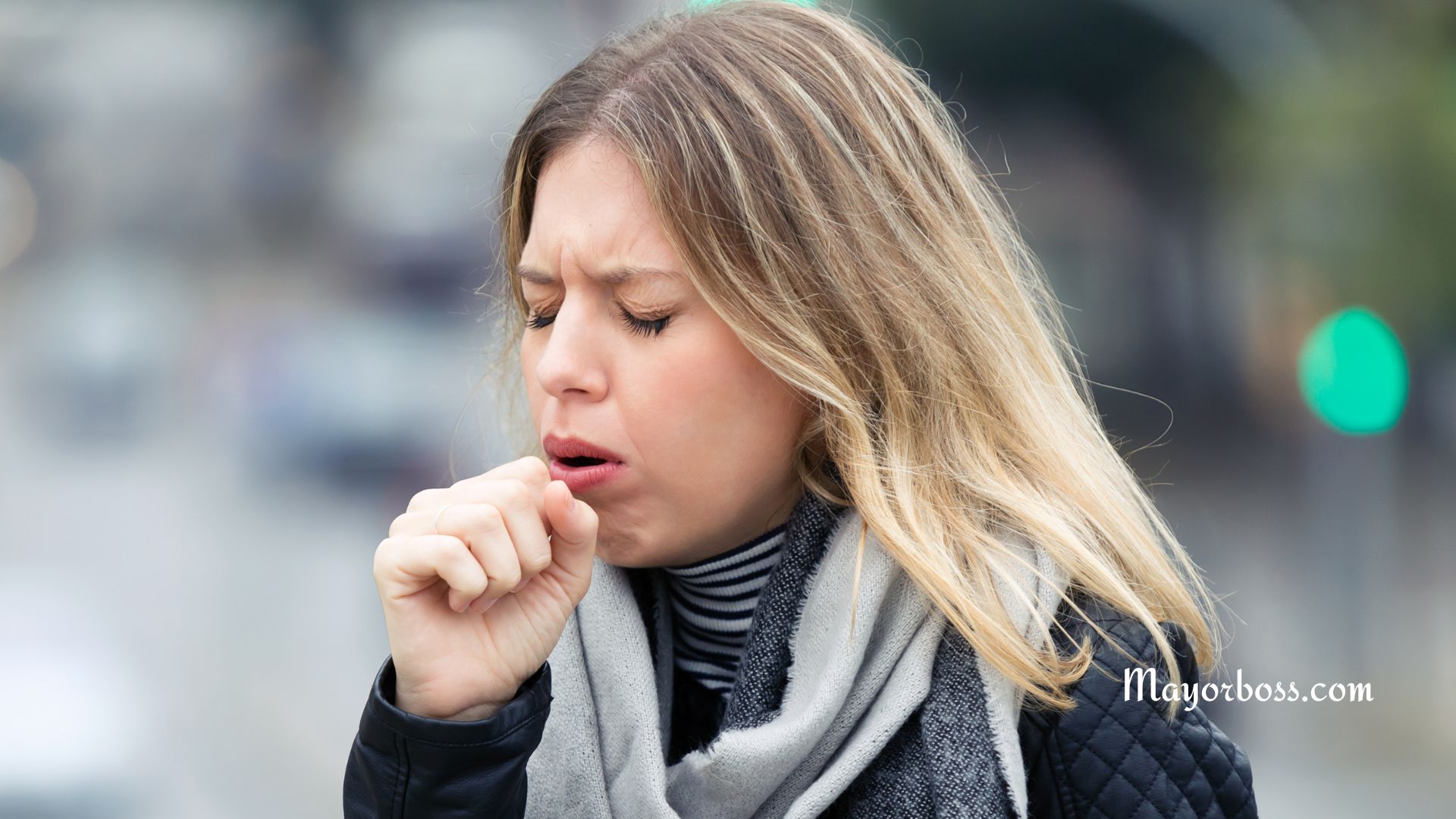10 Ways To Stop Coughing at Night
Coughing at night can be a frustrating problem that interrupts your sleep and leaves you feeling tired the next day. The reasons for night-time coughing can include allergies, asthma, or even just a common cold. Here are ten ways you can try to stop coughing at night so you can rest easier.
1. Keep the Air Moist
Dry air can irritate your throat and trigger coughing. A humidifier adds moisture to the air, soothing your throat and reducing coughing. Make sure you keep the humidifier clean to avoid spreading germs.

2. Perform a Sinus Rinse
If your coughing is connected to nasal congestion or sinus issues, a sinus rinse might be a great solution. Using a Neti Pot or a saline nasal spray can flush out irritants and mucus from your nasal passages. This practice cleanses the sinuses and can relieve symptoms that contribute to coughing at night.
Make sure to follow the instructions on the packaging or those given by a healthcare provider, and always use distilled or previously boiled water to ensure safety. Regular sinus rinsing can alleviate symptoms and provide relief, especially during allergy seasons or when dealing with a cold. This method can be particularly helpful if you find that your nighttime coughing is linked to sinus issues or allergies.
3. Stay Hydrated
Your body needs water to keep the throat moist. Drinking warm tea with honey or just plain water throughout the day can soothe your throat and prevent coughing at night.
4. Use the Right Pillow
Using a pillow that supports your head and neck can reduce coughing. A hypoallergenic pillow is an even better choice as it avoids materials that might cause allergies.
5. Avoid Tobacco and Alcohol
Smoking or exposure to second-hand smoke irritates the throat. Alcohol can also make your throat dry. Avoiding these irritants can help you stop coughing at night.
6. Try Over-the-Counter Medication
You can ask your pharmacist for advice on what might work for you.
Antitussives
These types of syrups work to suppress your cough. You’ll find dextromethorphan as an active ingredient in many of these products.
Expectorants
If your cough comes with a lot of mucus, expectorants like Robitussin and Mucinex can help. They make the mucus thinner so you can cough it up more easily.
Throat Lozenges
Sucking on a throat lozenge can soothe your irritated throat. Ingredients like menthol and honey are common in these products.
Nasal Sprays
If allergies are causing your cough, a nasal spray with an antihistamine might be the answer. This kind of spray can reduce inflammation in your nose.
7. Eat Light and Early
Heavy meals close to bedtime can cause acid reflux, which triggers coughing. Eating lighter and earlier can prevent this issue.
8. Elevate Your Head
Sometimes, lying flat allows mucus to pool at the back of your throat, which can cause coughing. Elevating your head a little with extra pillows or a specially designed wedge helps gravity keep those irritants from collecting in your throat. This position can make breathing easier and reduce night-time coughing.
If you choose to use extra pillows, make sure they support your neck and head properly to avoid any discomfort. According to many sleep experts, this simple adjustment can make a significant difference in reducing coughing at night.
9. Use Honey
According to several studies, honey has soothing properties that can reduce coughing. A spoonful of honey before bed might be just what you need to sleep without interruption.
10. Avoid Allergens
Allergies might be causing your nighttime coughing. Dust, pet dander, and pollen can irritate your throat. You can clean your bedroom regularly and use air purifiers to reduce allergens.
Treat Any Underlying Health Conditions
Sometimes, coughing at night is a sign of a more serious health issue like asthma or heart problems. If your cough persists, seeing a doctor can help you find the underlying cause.






